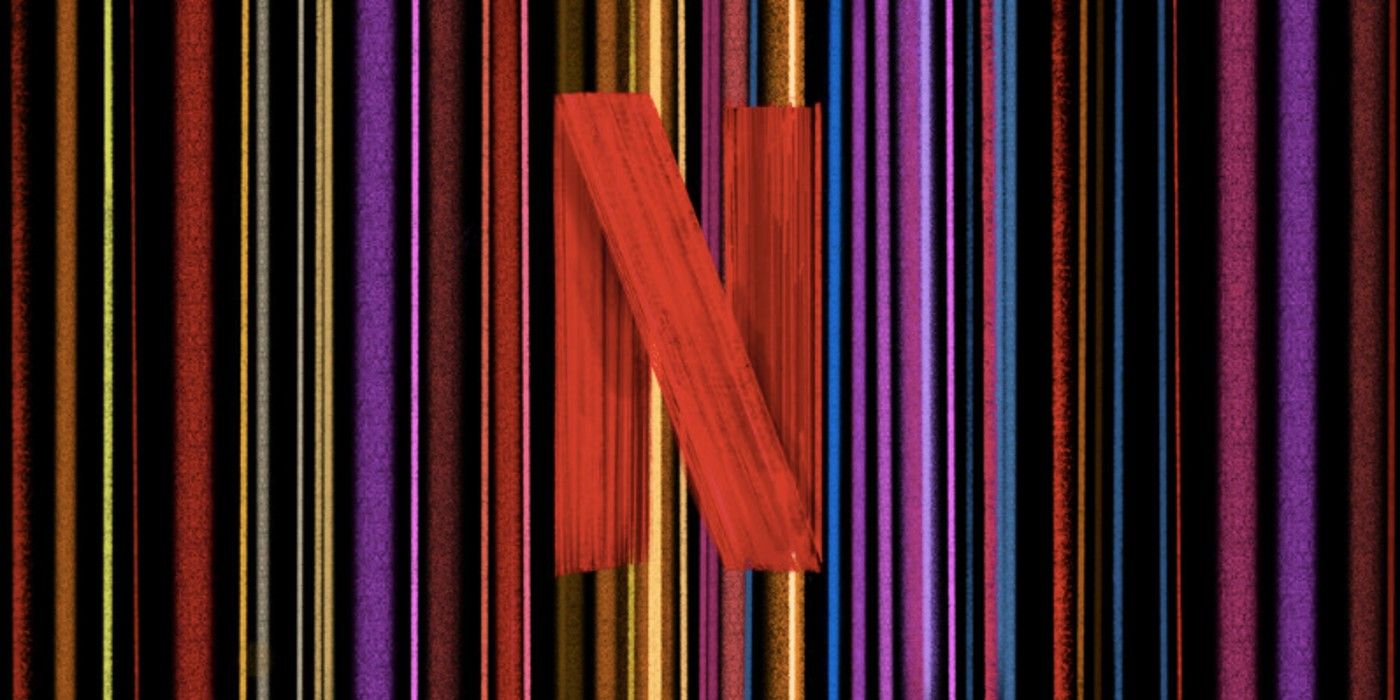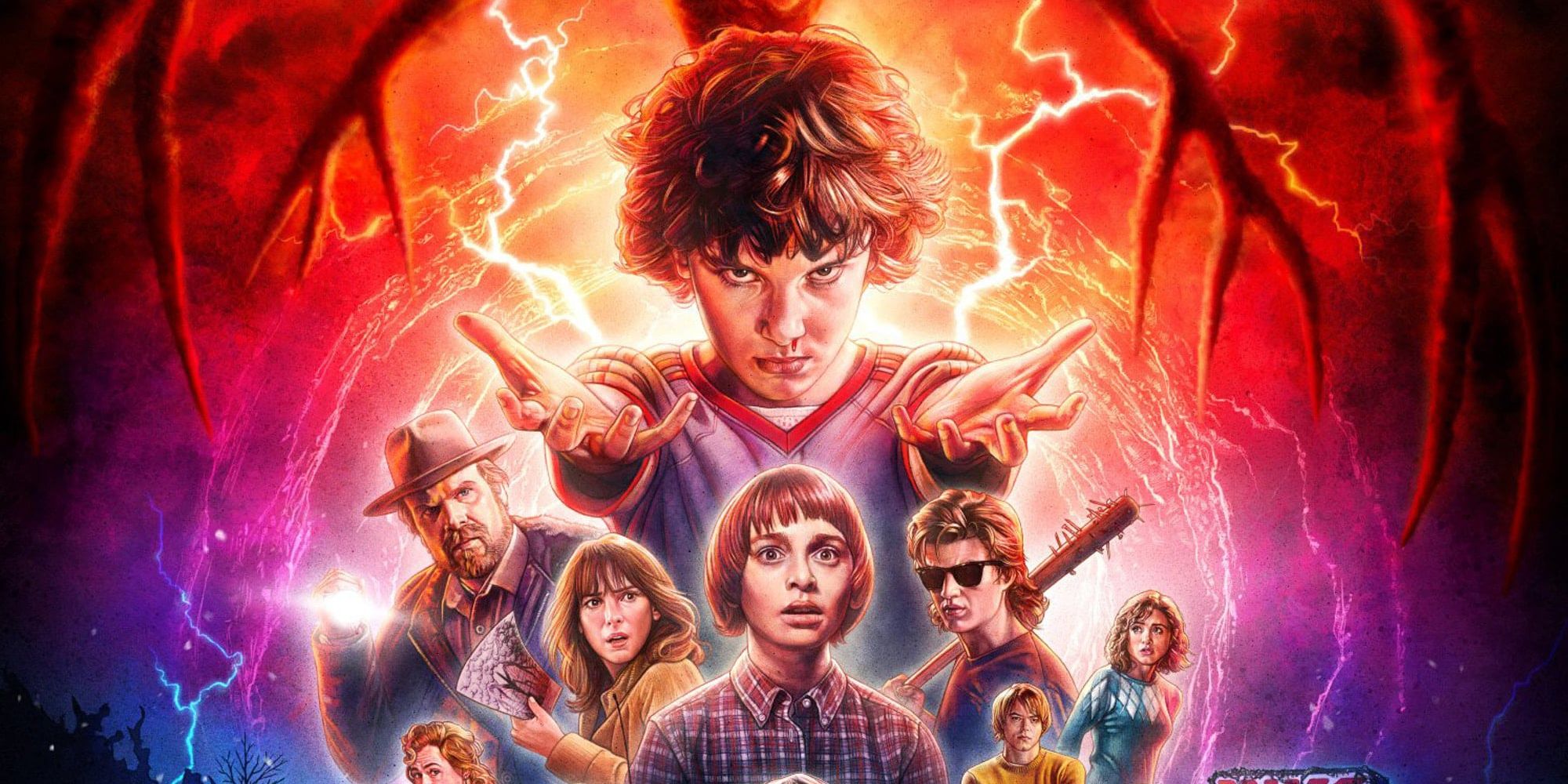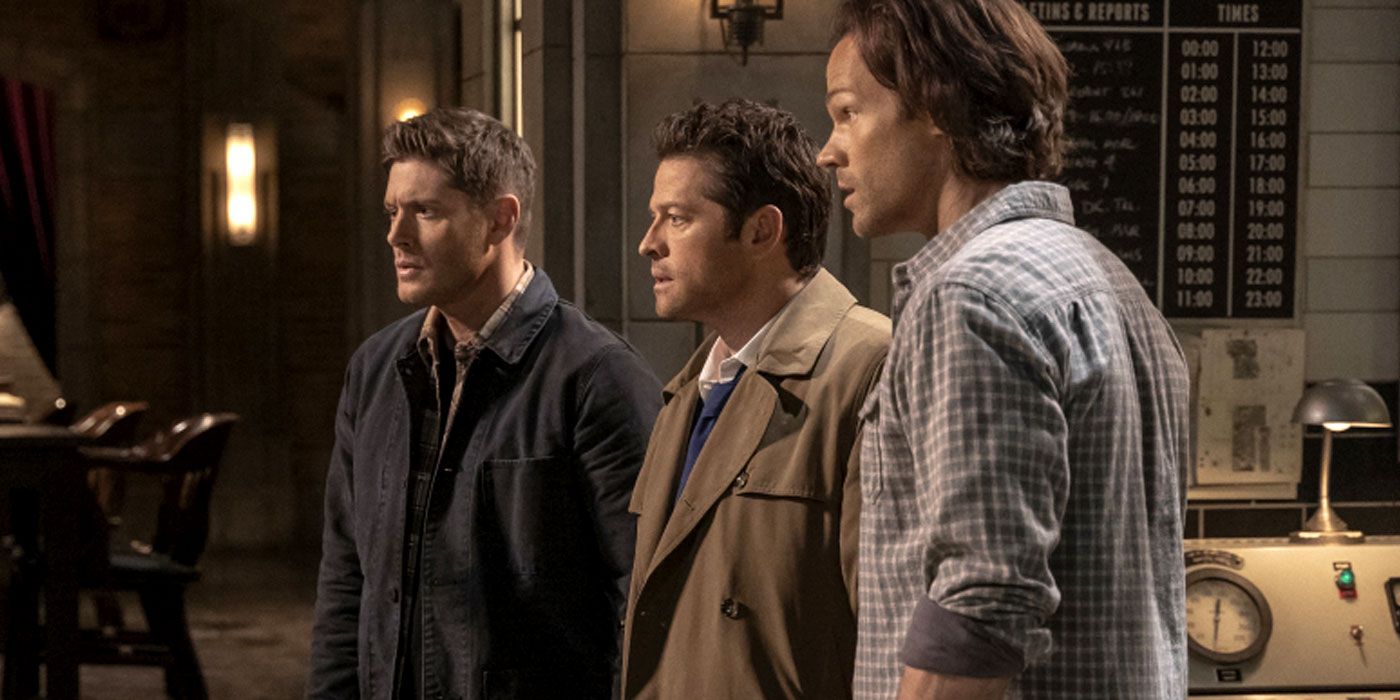The advent of streaming brought a new era of accessible content that audiences can tailor to fit into to their schedules, and there's no doubt that this is a good thing overall. However, there are still issues with the growing shift towards full season releases, as well as reasons to applaud services like HBO Max and Disney+ for attempting to thread the needle of appointment TV beyond nostalgia.
The nostalgia of appointment television is an unavoidable topic for older fans who remember racing during commercials to get snacks, and it's still a big part of life for the fandoms of primary channel shows like Supernatural and Charmed. However, more than heady childhood memories, the longevity of these fandoms has a lot to do with the old-fashioned method of doling out fresh content.
While giving audiences the ability to set their own schedules around the release of shows like Stranger Things is nice, it carries the risk of lowering the long-term impact of a show. Despite having the ability to individually schedule content, often what seems to happen is that audiences devour new content before resuming an extended period of quiet. There's a flurry of new, transformative works on popular fandom sites for a moment, and then it trickles down until new content is finally announced after a dull hiatus.
There's another issue involved with this style of content release, and that's unexpected audience stress. Diehard fans will schedule their time to ensure they can binge a new season when it's released. While it's still fandom etiquette to mark spoilers so fans who can't binge the show instantly can catch up, it doesn't always work out. These fans then feel stressed as they try to beat the spoilers on social media.
Meanwhile, the few shows that still adhere to old-fashioned norms of scheduled television endure in a way that welcomes fans and keeps them invested, as seen with HBO's Westworld. Though there's mid-season lulls, its Reddit community remains almost one million members strong and is active off-season. During a season, which can take months to air, each week in this community is lively. The expanded release schedule gives each episode room to breathe and be studied for clues supporting or shattering current theories.
It's a similar method that works for The Mandalorian on Disney+. Here, there's a slight catch in that diehard fans are often up before dawn to be the first to stream the new episode, rendering the morning internet a GIF-littered minefield for others. However, beyond that, it's a week-long celebration that gives new memes and new sub-fandoms time to grow. The slow-drip method can feel frustrating, especially for younger fans that didn't grow up before DVRs and streaming services, but it also gives fans more time to appreciate the Frog Lady and Cobb Vanth before the next new thing takes the foreground.
The future of television seems pegged to the rise of streaming services and accessible content drops. While that's still great, the loss of making a new episode feel like an event and giving fans time to hype themselves up for what's to come next is a big deal that seems primed to change fandom in the long run. Society has already pushed audiences into quick consumer mindsets, and that's not the way to create lasting fan communities.
The way Star Trek changed fandom in 1966 is over, and that's not entirely a good thing for fandom's future. On the bright side, fans have adapted to massive shifts before. Fans embraced the way the Internet changed their communities, and it's likely changes will continue as the Internet now reshapes television. There's still something to be said for the exhilaration of hauling it back to the couch, snacks in hand, before the commercials are over, and it's definitely something to miss.



